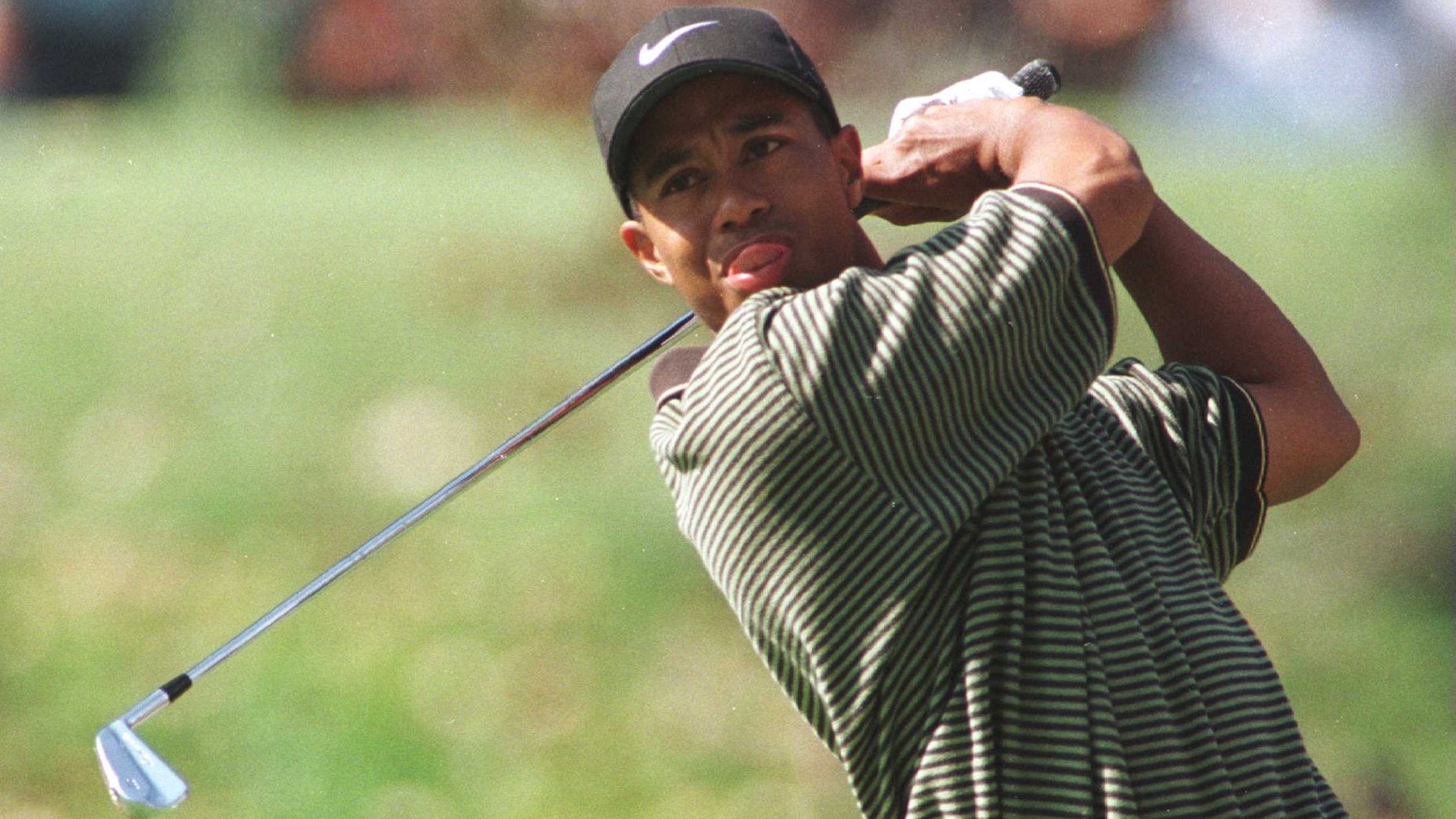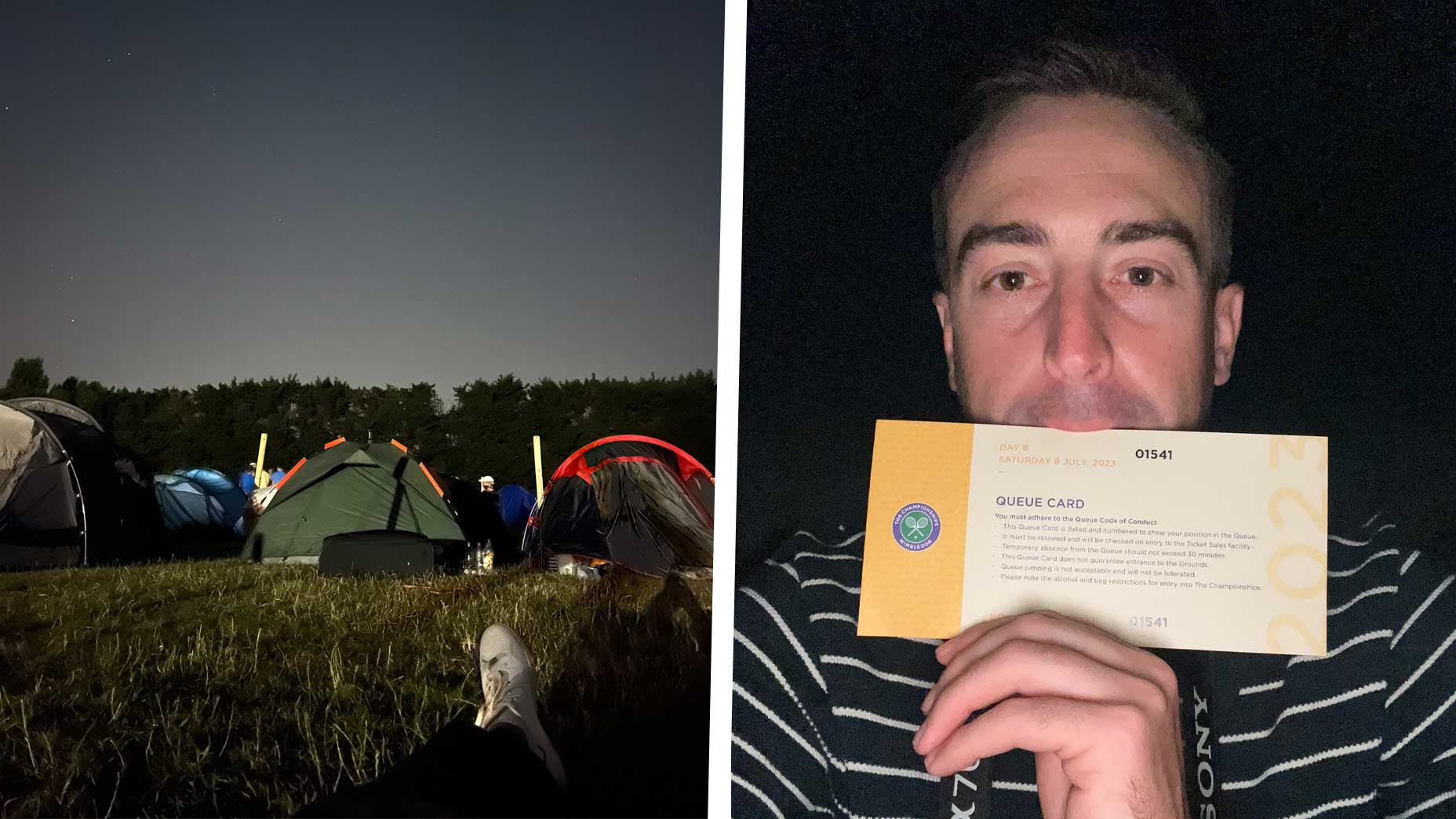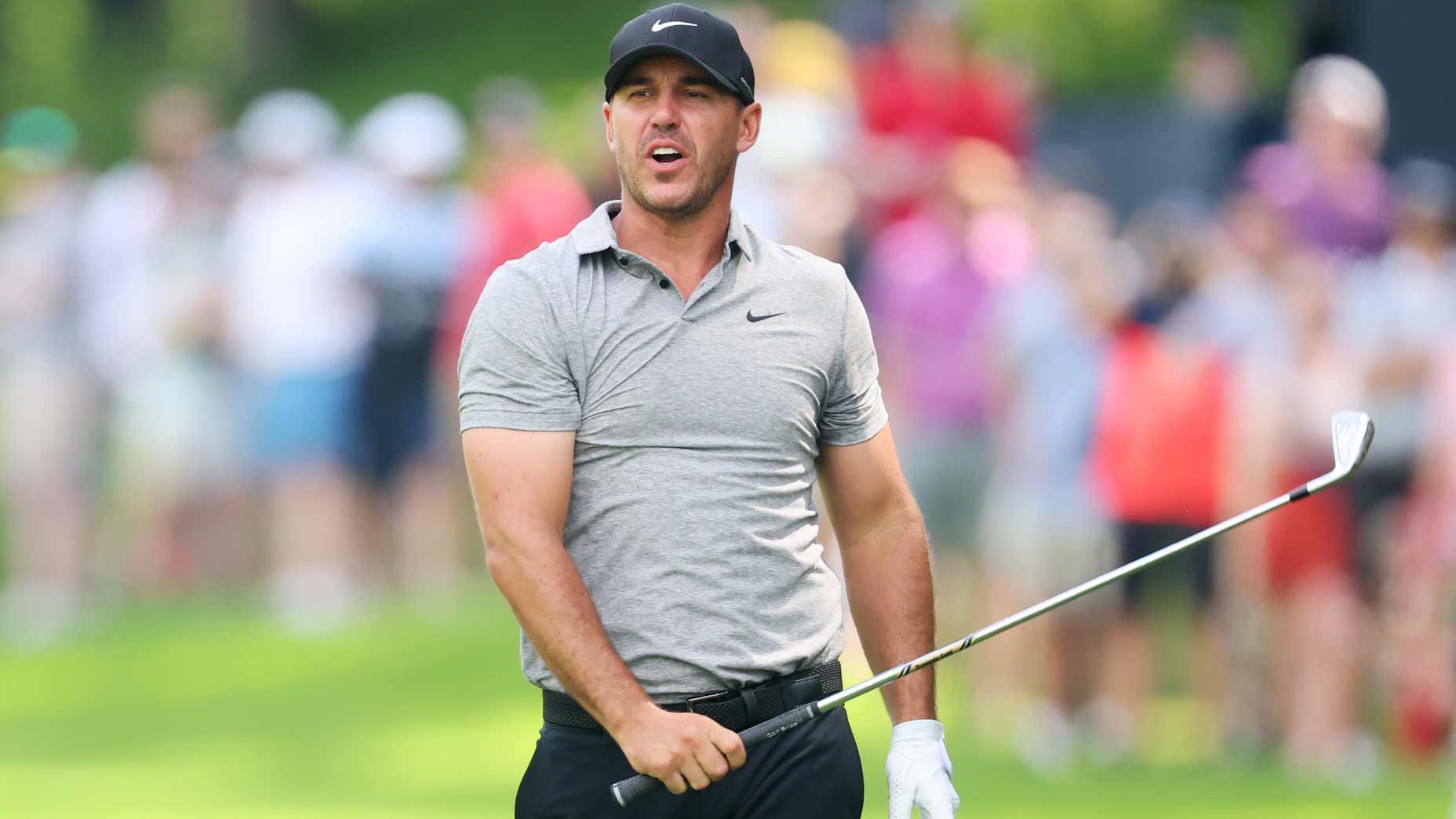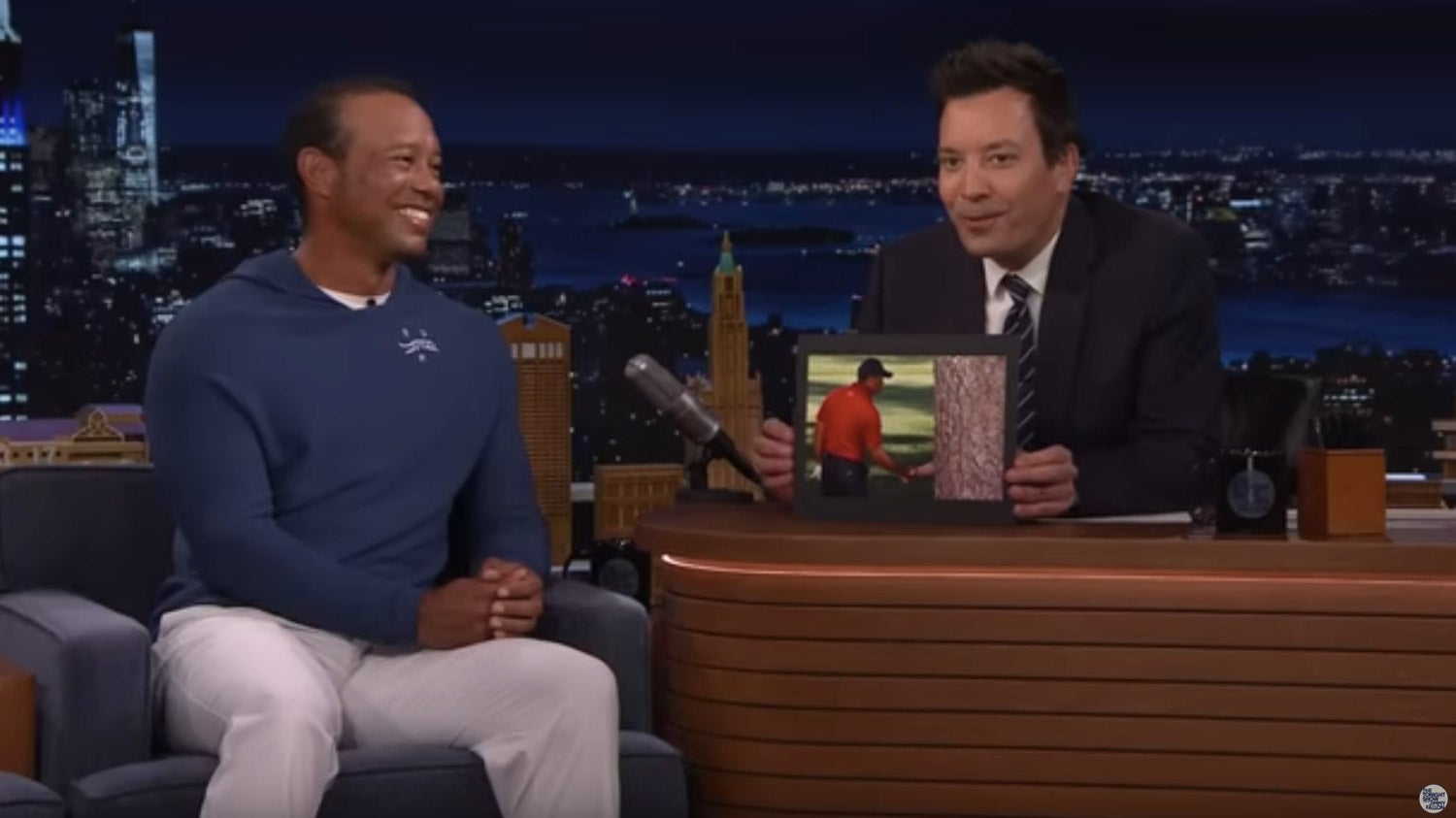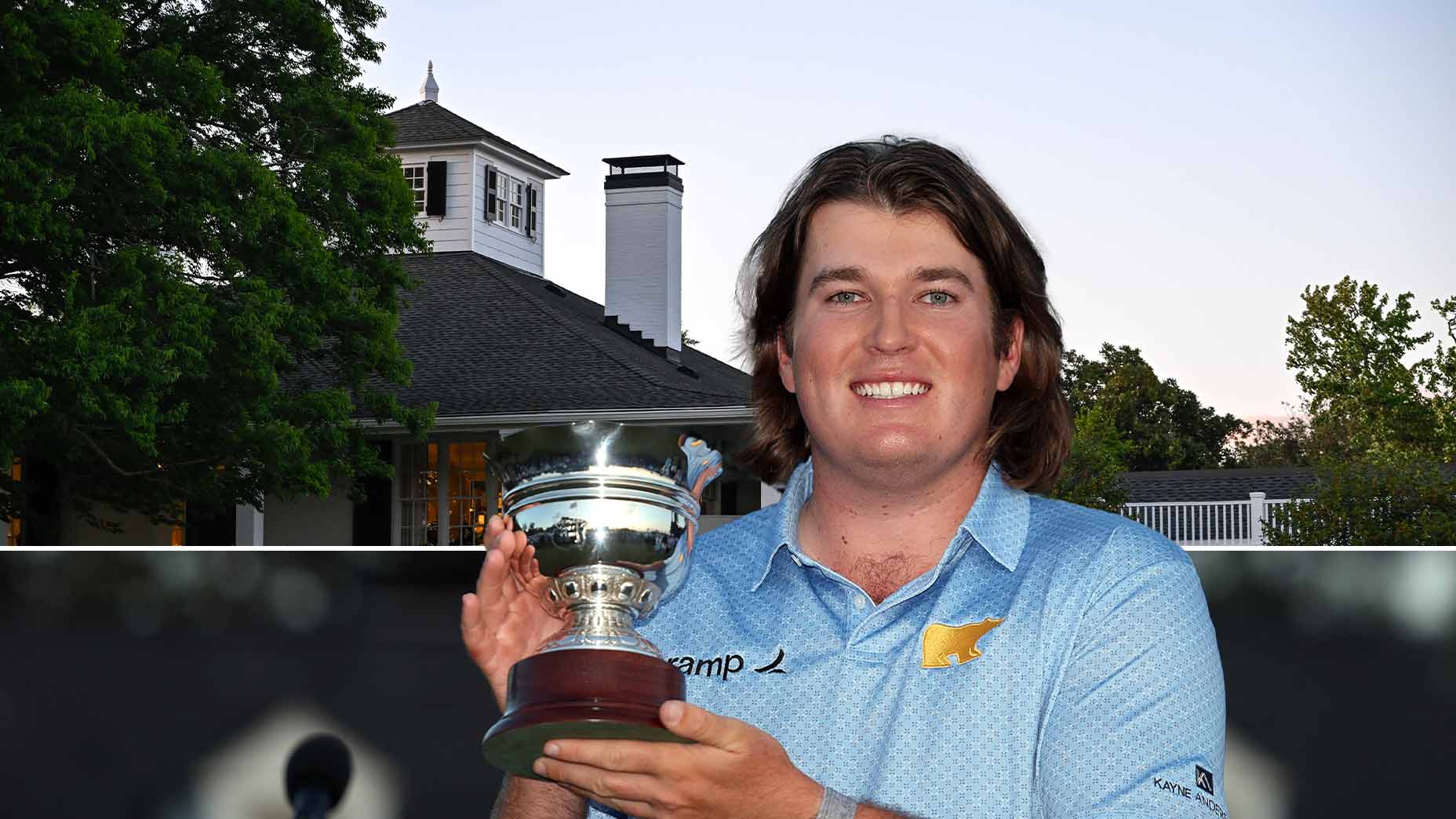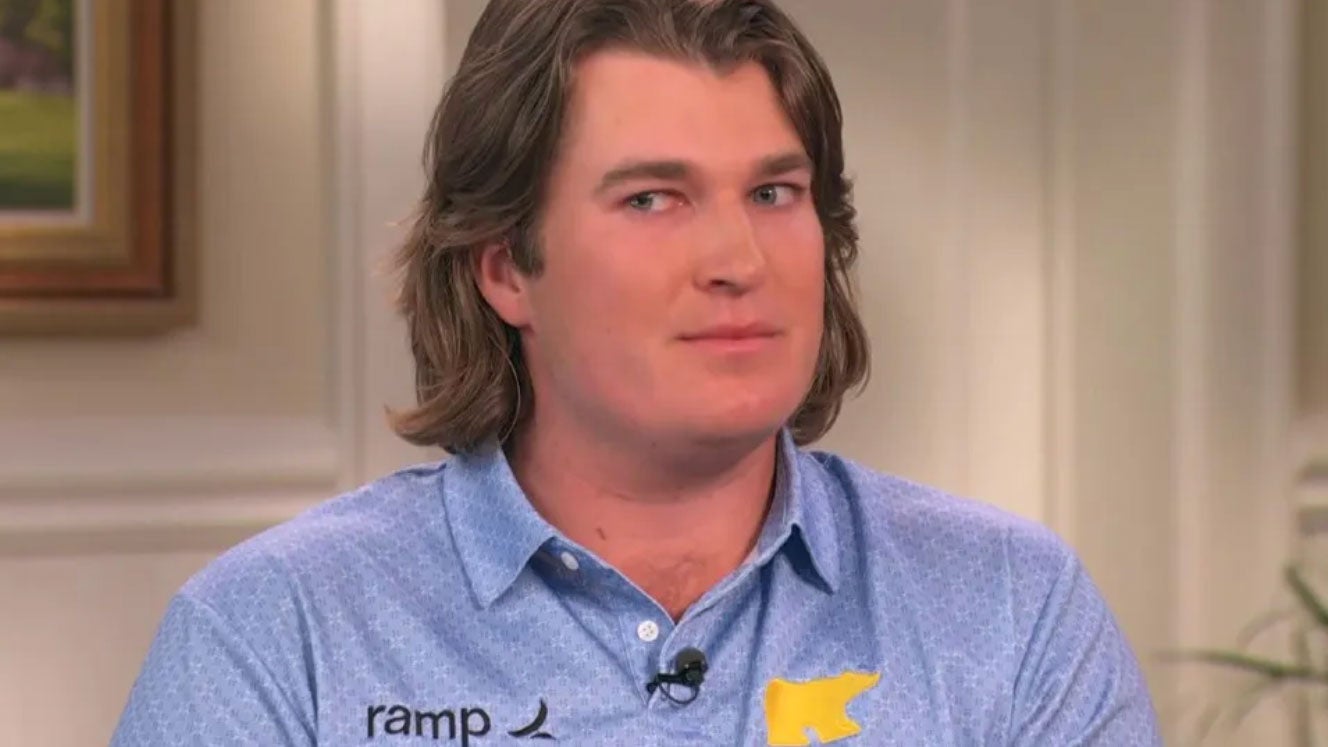How Mike Tirico became the most qualified ‘amateur’ in Masters history
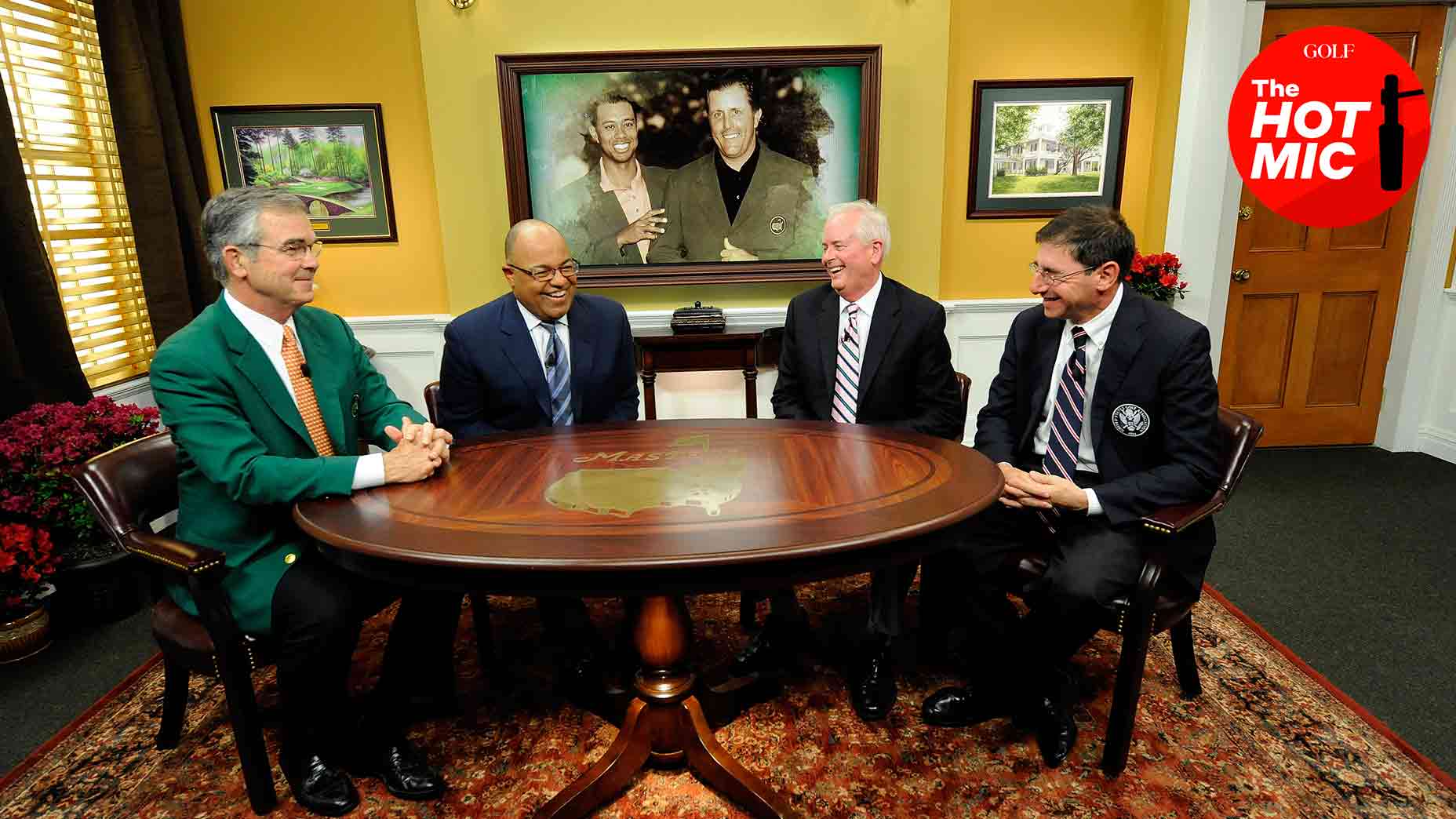
Mike Tirico will be the voice of SiriusXM's radio coverage from next week's Masters in addition to duties for Golf Channel and NBC.
Getty Images
Rest assured, Mike Tirico is the most qualified amateur in Masters history. It just doesn’t seem like it.
On Thursday, when Tirico arrives at Augusta National, he will not join his fellow amateurs sleeping in the Crow’s Nest. His dinner plans next Wednesday evening — traditionally the night of Augusta National’s amateur welcome dinner — remain wide open. And then there’s the topic of his Augusta National tee time which, so far, is nonexistent.
But by far the biggest complication with Tirico’s Masters amateur candidacy is that, well, he isn’t one. Tirico, age 55, is perhaps the most professional sports media personality alive; a man whose individual skills as a television host, interviewer and play-by-play broadcaster would place him among the best in the world in each category. He has been going to Augusta for the better part of the last quarter-century; a tradition that began with ESPN at Tiger Woods’ historic win in 1997, and that has continued in more recent years with NBC. In 2022, he’ll also serve as SiriusXM’s voice of the Masters, calling the event for radio for the second time.
A short perusal through Masters history reveals Tirico will be the first to simultaneously reprise all three tournament broadcast roles (host, interviewer, play-by-player). Of course, Tirico is well-equipped to handle the load. Augusta National is famously obsessive over its precious hours of media exposure, and the club wouldn’t dare trust just any amateur. But when it comes down to calling the action, Tirico admits, the Masters is its own beast entirely.
“It’s probably the most unique set of circumstances to call an event for a play-by-play announcer,” Tirico told the Hot Mic. “Because of the location, number of competitors and number of balls in the air at the same time. Also, the variety of people you’re working with: on-course reporters, analysts, hole announcers. It provides the most unique set of circumstances in the collective of any sport.”
As it turns out, calling the Masters is a bit like competing in it. Those with experience and institutional knowledge find themselves at a heavy advantage.
For those without experience and institutional knowledge? Much like the amateurs — start practicing, studying … and hoping.
“I can be more anticipatory in other sports, because you’re watching it play out in front of you,” Tirico said. “Whereas in golf, if you’re calling off a monitor, you have to pay attention to 13, 12, 10, before you get to 18. You’re watching a few different holes. You’re not gonna see everything play out as it leads up to getting on the air.
In football, I can watch while the analysts are doing a replay, ‘Who’s coming in? Who’s going out?’ In hockey, I can look away to see a line change. In basketball, out of fastbreak, I can see the coach gesturing on the other side to replace the point guard who just turned it over,” he continued. “There’s so many things in golf that are different. I think golf is done now at such a high level that people don’t appreciate it nearly as much as they would. It’s the one sport that if you sit in the production truck and watch it, you’ll never watch it the same.”
The medium is an added wrinkle. It’s not entirely uncommon for top-flight TV sports broadcasters to add radio assignments, but there’s a difference between the two platforms. For broadcasters, calling an event for radio is a bit like speaking in a dialect — radio requires a more active hand (utilizing precise verbiage to describe action); while TV is more about steering the broadcast’s direction and tenor.
“I still absolutely would consider myself a complete amateur at this part of broadcasting because I’ve only done it once,” Tirico said. “But I listen in the car on a regular basis. I’m always really impressed with how well you can follow golf on the radio. You really can do it and keep the listener captivated.”
In his first Masters radio broadcast, Tirico’s voice painted a small piece of golf history. It was 2019, and Tirico watched for millions of listeners as Woods charged down the back nine at Augusta National to capture his fifth green jacket. But in some ways, that experience did little to prepare him for this year’s event. It’s easy to grab an audience when the greatest player in a generation is contending in unthinkable fashion, but what about when there’s a 12-way tie at two under midday Thursday?
“It was almost as if everyone around us sensed that they were about to see history happen,” Tirico admits.
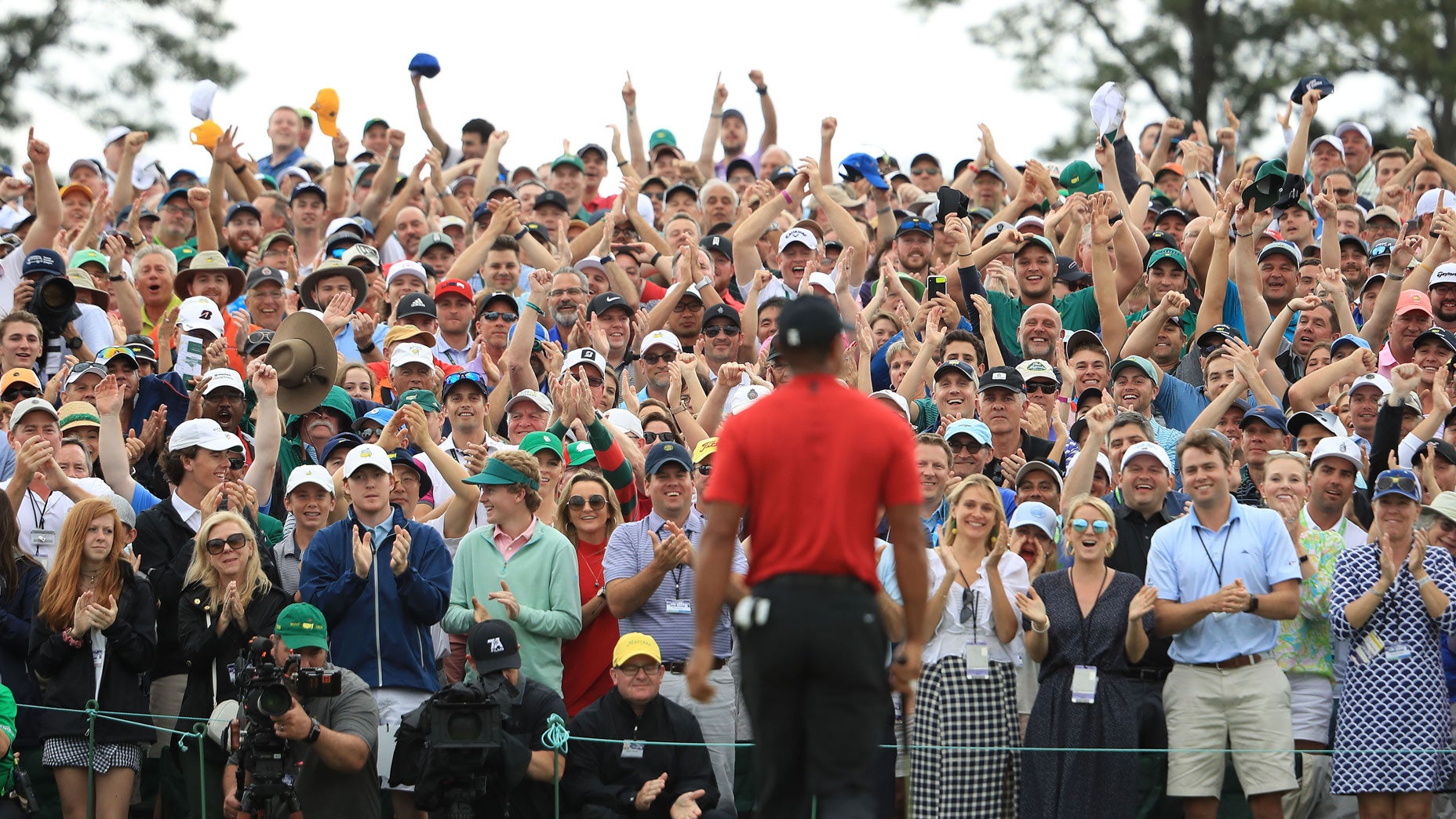
Then again, that’s every Masters. The history and the incredulity are a part of tournament lore. That’s part of the challenge for Tirico, but it’s also part of the fun.
“It’s the most disappointing thing for broadcasters because we want to be able to describe things in perfect detail,” Tirico says. “When you get to Augusta, invariably the first thing you say is ‘Oh my goodness, it is more hilly than I ever saw.’ Right? You look, and you go ‘oh my goodness.'”
Between his roles for NBC and SiriusXM, it’s possible no one’s voice will cover more hours from the Masters than Tirico’s. It’s also possible no one’s voice is better equipped to tell the story of tournament week.
“It’s the only job that people will tell you, ‘I can nap while you’re working,’ and it’s supposed to be a compliment,” Tirico says with a laugh. “While the Masters is one of the most important events that you broadcast in any sport, it’s also one of the easier ones because of the inherent knowledge of the place and of the people. Anytime you can be involved with Augusta National, it’s an easy yes. You don’t have to ask for time to think about it.”
Not too shabby … for an amateur.



